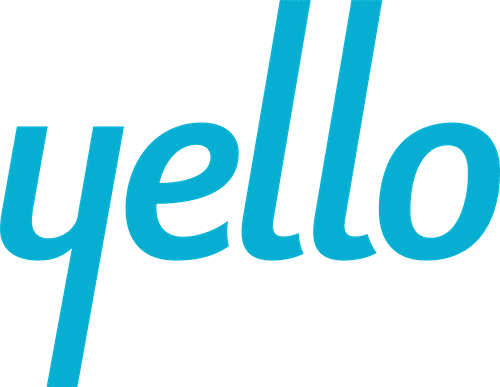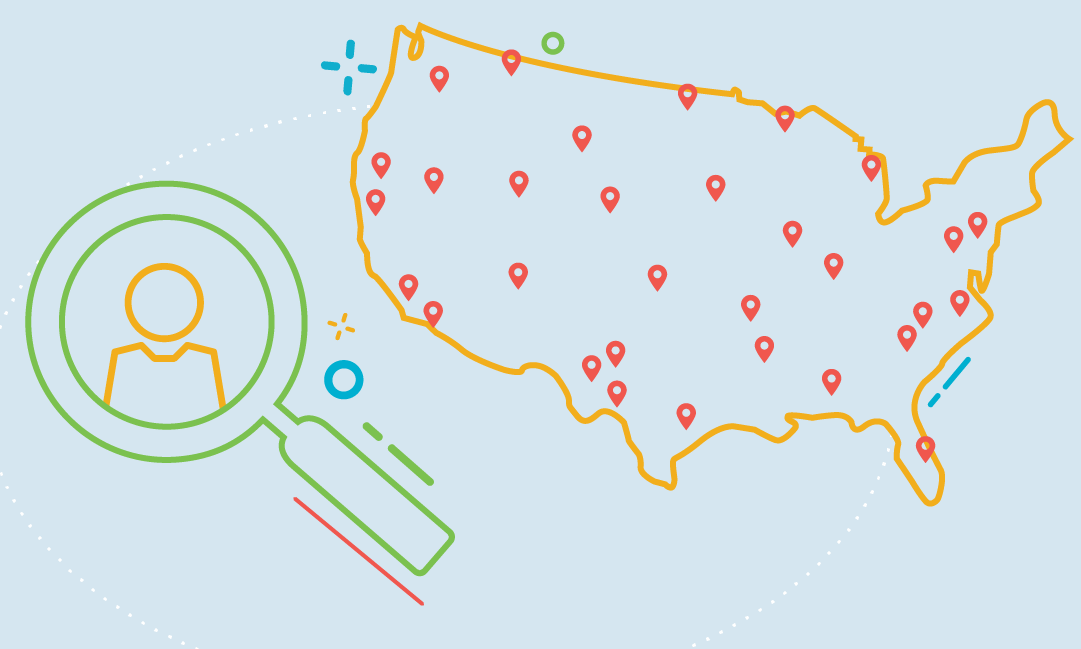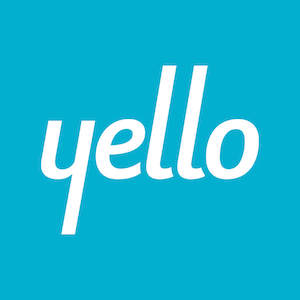What is a School Agnostic Strategy
A school-agnostic strategy signifies a mindset where recruiters are open to engaging with students from any educational institution. This includes traditional 4-year universities, 2-year programs, community colleges, and any other educational institutions. The emphasis is breaking away from traditional campus recruiting norms to cast a wider range of candidates. By recognizing the value in diversity, geographical flexibility, and scalability, organizations can harness the power of the agnostic approach to elevate their campus recruiting strategies and connect with top talent across many educational institutions.
The Case for a School Agnostic Strategy
The advantage of an agnostic approach is obvious: a greater ability to reach diverse and niche candidates who may have been in limited supply at in-person target schools. In addition, considering more diverse fields of study further expands your candidate pool. But, many are missing the critical third leg of the stool: using recruiting software that integrates together.
Yello’s Campus Recruiting Survey found that 53% of recruiters aren’t happy with the tools being offered by universities, as they take too much time for their teams to learn and effectively use. As the average number of schools they’re recruiting from grows, so does the pain of information collection and management. Now, many are reworking their tech stack and investing in tools that can support data coming in from anywhere.
Identifying Schools That Haven’t Worked in Your Strategy
While analyzing your data, you may find certain long-term school partners simply haven’t produced expected results such as low candidate engagement, reneges, or high competition. With abundant outreach options, it is important to reevaluate campus recruiting strategies with these schools.
When reviewing your recruiting metrics, dig deeper than high-level numbers. You may recruit lots of interns from a college but very few accept full-time offers. If your goal is long-term retention, you may want to pull back on that school or pursue schools with less competition from other employers. You might also find heavy reliance on certain colleges hindering diversity efforts. If those programs lack diversity in their student makeup, it will show in your entry-level hires. In that case, consider shifting focus toward an agnostic approach rather than those core schools.
When determining which campus partnerships to prioritize, analyze whether the relationship is a tradition or due to results. For example, a college may seem ideal based on academics and a connection from 10 years ago, but you haven’t hired a first pick from there in the last three years, so it may be time to find a new school to visit. Schools that actively collaborate to build connections with professors, student groups, and diverse talent beyond job posts offer valuable partnerships that merit investment for better campus recruiting, so it’s better to be flexible in your schools to get the help you need rather than suffer through tradition.
Standardize Your Data Collection Process
You should be using your own technology as much as possible, rather than solely relying on university-provided tools. With a robust platform that accepts information from numerous on-campus and virtual events, you’ll gain greater insight over the totality of your campus recruiting process.
Using university-required tools doesn’t mean you can’t point candidates to your own system. Rather than collecting information on the school’s platform, include links that point candidates toward registration or application forms connected to your database. That way you can reach the same audience, but have all data fed into one centralized place. Schools cannot enforce companies to use their technology for events, so you can always use the software you are comfortable with and remove any QR codes they may set out for you.
With such seamless information capture and transfer on your end, you have more control over your data and the candidate experience, not to mention, increased flexibility to work with schools across the country.
Think Outside The Career Center
An agnostic approach can also help you reach students outside of the career centers. You may be able to cultivate targeted candidates by building direct relationships on your own with university departments, student groups, diversity programs, and individual professors or deans. But, the quality talent you seek may not attend campus career fairs or use the career center’s resources — and a school-agnostic approach ensures you don’t miss them.
Taking an agnostic approach to campus recruiting allows employers to expand their reach and connect with the best talent, no matter what school they attend. However, effectively managing an agnostic approach requires having the right systems and tools in place.
Yello provides a centralized, customizable campus recruiting solution to streamline your process. Learn how Yello can help your campus recruiting efforts by enabling a school-agnostic approach. If your current strategy limits your early talent recruiting efforts, it may be time to think bigger. With the right mindset and tools, an agnostic approach can significantly bolster your university hiring.




